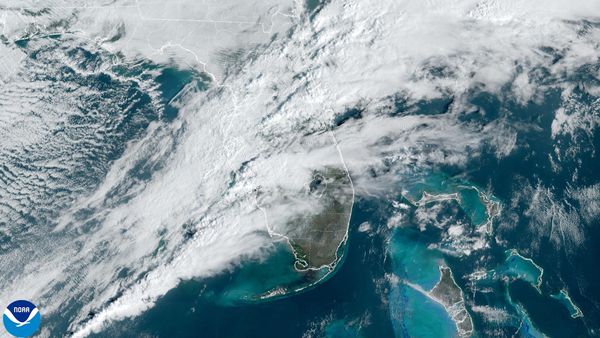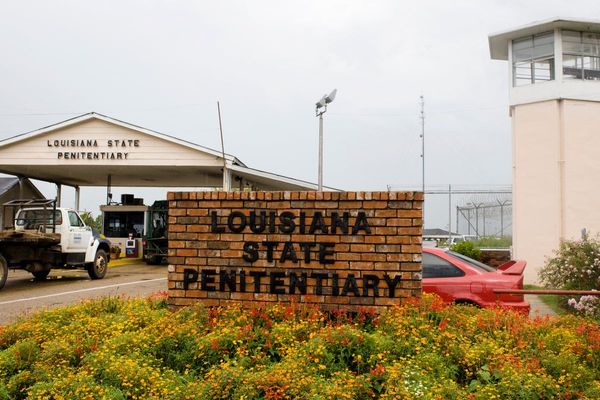
Tackling rising food and fuel bills will not add to inflation and people who are “the hardest hit” need help now, the head of the UK’s biggest business association has warned.
Official figures published on Wednesday revealed UK inflation soared to 9% in April – its highest level for more than 40 years – as the rising cost of gas and electricity pushed household energy bills to record levels.
Tony Danker, the director general of the Confederation of British Industry (CBI), told BBC Radio 4’s Today programme: “You have to help the hardest hit now.
“Helping people with heating and eating bills will not fuel inflation.
“You need to stimulate business investment now – that’s not going to overheat the economy.
“It’s going to make sure that any downturn in our fortunes is short and shallow because growth is coming soon.”
The Office for National Statistics said the 54% increase in the energy price cap in April, which took the average annual gas and electricity bill close to £2,000, was the main reason for the jump in the consumer prices index from 7% in March.
Average petrol prices rose to a record 161.8p a litre in April 2022 from 125.5p a year earlier. Diesel was another factor behind the increase in the consumer price index from 7% in February after the average cost at the pumps hit a record high of 176.1p a litre, leading to an average increase over the last 12 months in motor fuels of 31.4%.
Earlier, Kit Malthouse, the policing minister, said circumstances could warrant a windfall tax on oil and gas giants although the government was “intrinsically opposed” to such a tariff.
The clamour for a one-off levy on the energy sector – which has made huge profits as gas prices surge – has been growing, with Labour saying such a move is “inevitable”.
Boris Johnson has repeatedly argued that a windfall tax would force companies to abandon investments in domestic energy projects, while the chancellor, Rishi Sunak, has reportedly asked Treasury officials to examine plans for a levy.
Malthouse, a longtime ally of Johnson’s, told Times Radio: “We are intrinsically opposed to that kind of taxation. We want to see a pattern of investment from that industry that will help us with our medium and long-term energy problems.
“But the chancellor reserves the right to take all steps he thinks necessary and he’s in conversation with that industry all the time, I’m sure.
“My predilection as a Conservative generally is to have low and stable and predictable taxes, and that retrospective taxation is to be avoided, but there are Conservative administrations in the past who have felt the need to tax retrospectively and sometimes the circumstances might warrant that.”







